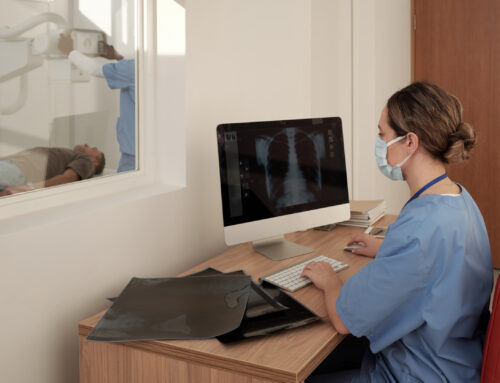
What Are a Few Qualifications for Surgical Tech Jobs?
In the health sector, surgical technologists play a central role in overseeing surgeries that can often be lifesaving. Directly entrusted with the lives of patients, there are minimum requirements that surgical technologists must satisfy to get work. In this guide, you will learn about three qualifications for a surgical tech job.
Education Requirements
To qualify for surgical tech jobs, a person must have undergone training to obtain the requisite knowledge through enrolling in a certificate or diploma program. Alternatively, one may opt to get an associate degree from a recognized institution. Diploma and certificate programs typically run for a shorter period than degree programs. While primarily hands-on and requiring physical training, one can study part of the course online.
Training is offered in hospitals through direct training programs or vocational or community colleges. One must undertake training in a recognized institution for education to be viable. A high school or General Education Development (GED) certificate is a prerequisite to this training program. Essential life support (BLS) training is another qualifier for surgical tech jobs.
Certification
Surgical tech jobs are among the highest-growing careers. According to an article published in The Nursing Times, federal authorities in the United States predict that from 2016 to the next decade, at least 200,000 new registered nurse job opportunities will come up each year. To get this job, however, candidates must provide certification proving they have satisfied minimum surgical tech job requirements.
Certified Surgical Technologist (CST) certification is offered through the National Board of Surgical Technology and Surgical Assisting upon passing the CST examination. Additionally, one must obtain the Technologist and Surgery Certification through the National Center for competency testing (NCCT). These certifications usually have a renewal period, upon which people must apply for new accreditation.
Work Experience
The internship is arguably the scariest part of surgical technologist job training since the technologist gets hands-on experience and prepares the students for the field. Also, a person’s performance at this time can make or break their career. If they study in a hospital program, an internship is part of the program. However, if they take the course elsewhere, the schools may partner with hospitals to offer the training.
Volunteering programs, too, provide work experience and make the transition between school and the field easier. A person with work experience is more likely to get hired than one without. The health system is often understaffed and could do with surgical technologist job volunteers. Additionally, volunteers can forge connections with others in the community health network who can act as references.
A diploma, certificate, or associate degree provides the necessary training for surgical tech work. To land a job, technologists must get accreditation from national accreditation boards. Finally, internships and volunteering programs provide necessary field experience and give technologists a competitive edge over their peers in the job market. Call Concentric Healthcare Staffing today for more information.





